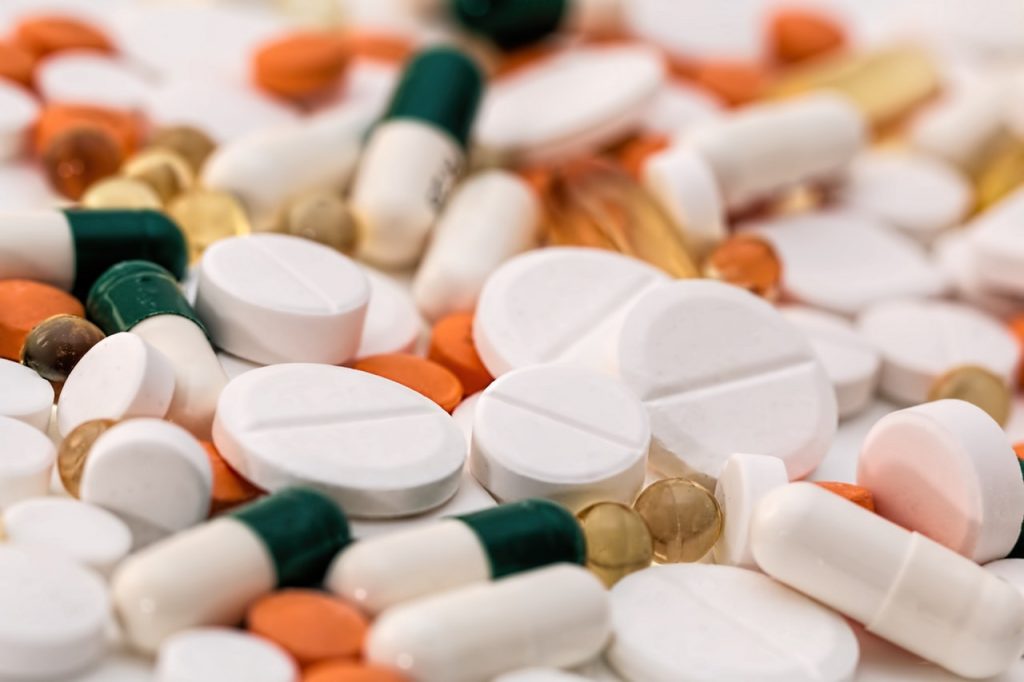Being in the grip of an addiction can make a person feel utterly powerless. It’s impossible to compare the truth of addiction to anything that non-addicts feel in the course of their lives; to an addict, the draw of an addictive substance is much more than an urge or a desire. This is why addiction is best understood as a disease, not a character flaw—and why it should be treated as a disease, too.
Diseases demand the attention of professionals. In this sense, addictive disorders like alcoholism and drug addiction are no different than physical afflictions like cancer. Going it alone is simply not an option. While addiction cannot be “cured” in the sense that some diseases can, it can be controlled. With proper treatment, addicts can overcome their substance abuse problems and enter recovery. By reasserting their sobriety every single day, they can live long and fulfilling lives free of the substances that once controlled them.
Seeking Treatment
Before an addict can overcome their substance abuse problems, they need to take certain essential steps. The first—and, arguably, most difficult—of these steps is to admit that they have a problem. Denial is one of addiction’s most powerful allies. Even those who are deep within a substance abuse cycle can sometimes rationalize the severe problems that surround them. To reach recovery, an addict needs to take a clearer view of his or her life and afflictions. If you’re questioning your own relationship with drugs, alcohol, or other addictive substances and behaviors, then you should meet with a psychologist or psychiatrist who specializes in addiction. You may also find that online questionnaires help you reach the truth about your situation.
Armed with the knowledge that they have an addiction, a person should seek the help of a mental health professional or check themselves into a rehab facility that specializes in addiction, explain the experts at one highly respected drug rehab in Los Angeles. Addiction is far too serious a problem to address alone. Working with mental health professionals, an addict can determine the best possible treatment plan. That treatment plan may include hospital stays (which can be the safest option for the withdrawal period that some addictive substances can trigger), a stay in rehab, participation in a twelve-step program, ongoing therapy, and/or medication. If you believe that you may be an addict, work with a mental health professional to develop a recovery strategy that is customized to suit your situation.
Medication and More
Not all substances are dangerous, of course—and some can be helpful, even to those with substance abuse problems. There are a great many prescription drugs and supplements that experts recommend for those in recovery. A person who is in recovery from abusing opiates, for instance, may be prescribed methadone to help them stay sober. Methadone puts opioid cravings in check and reduces the effects of opioids if and when they are used.
Over-the-counter medications may ease the recovery process, too. Experts believe that CBD may help address anxiety issues in those who take it. It’s easy to get CBD: It comes in all sorts of different forms, including CBD oil, CBD tinctures, and CBD topical cream, to name just a few. And since CBD is non-psychoactive, it won’t set back any sobriety goals. That makes CBD a good option for those looking for the anxiety-reduction effect of marijuana but who want to avoid marijuana itself in order to maintain their sobriety.
A Long Road
Addiction is a mental illness, and it must be treated as a mental illness. If it is addressed with the seriousness that it merits, recovery is possible. It’s important to remember, though, that recovery is a long road. In fact, most experts agree that the recovery process never actually ends: An addict will always be an addict, even in sobriety. That’s why twelve-step organizations and other authoritative sources recommend that addicts take sobriety one day at a time. By “opting-in” day after day, an addict can build a beautiful life in sobriety. Are you ready to start building yours?

